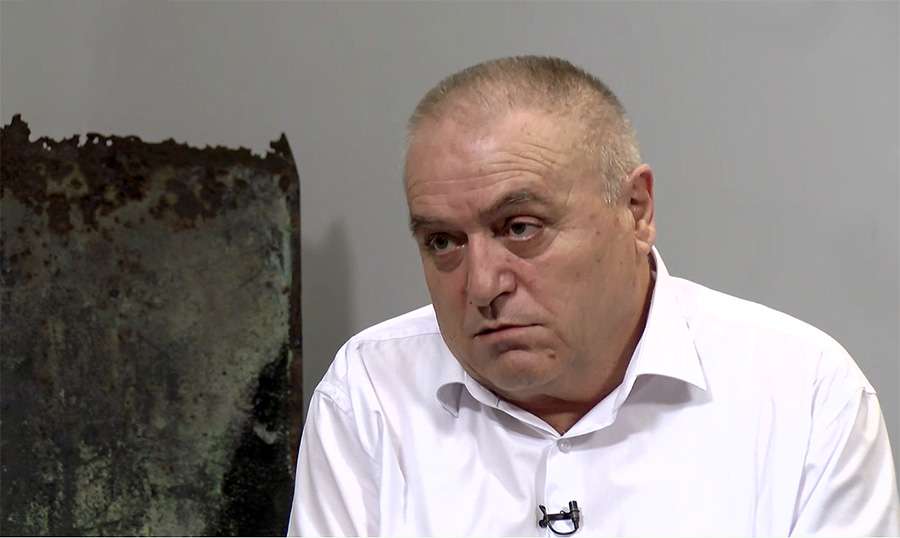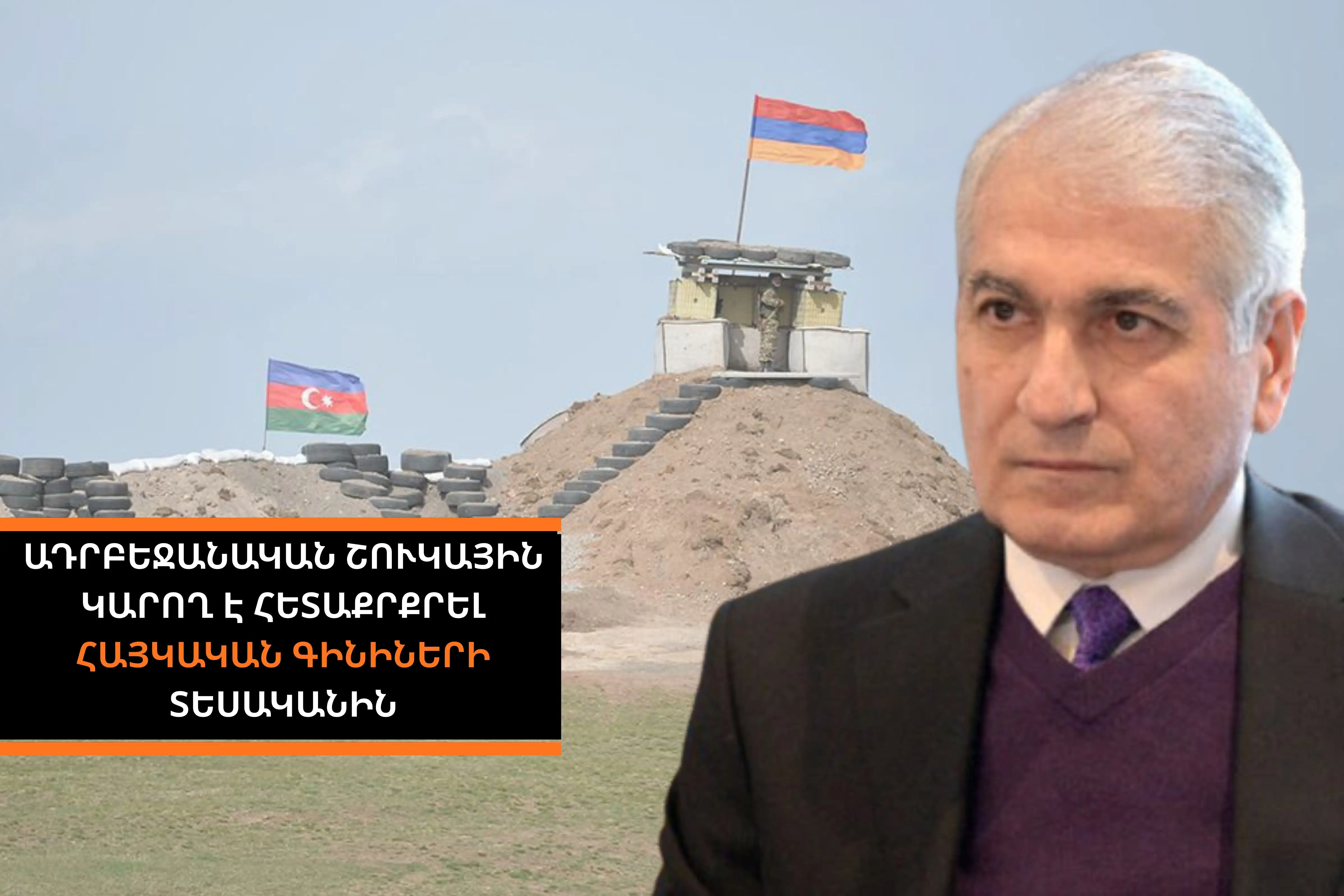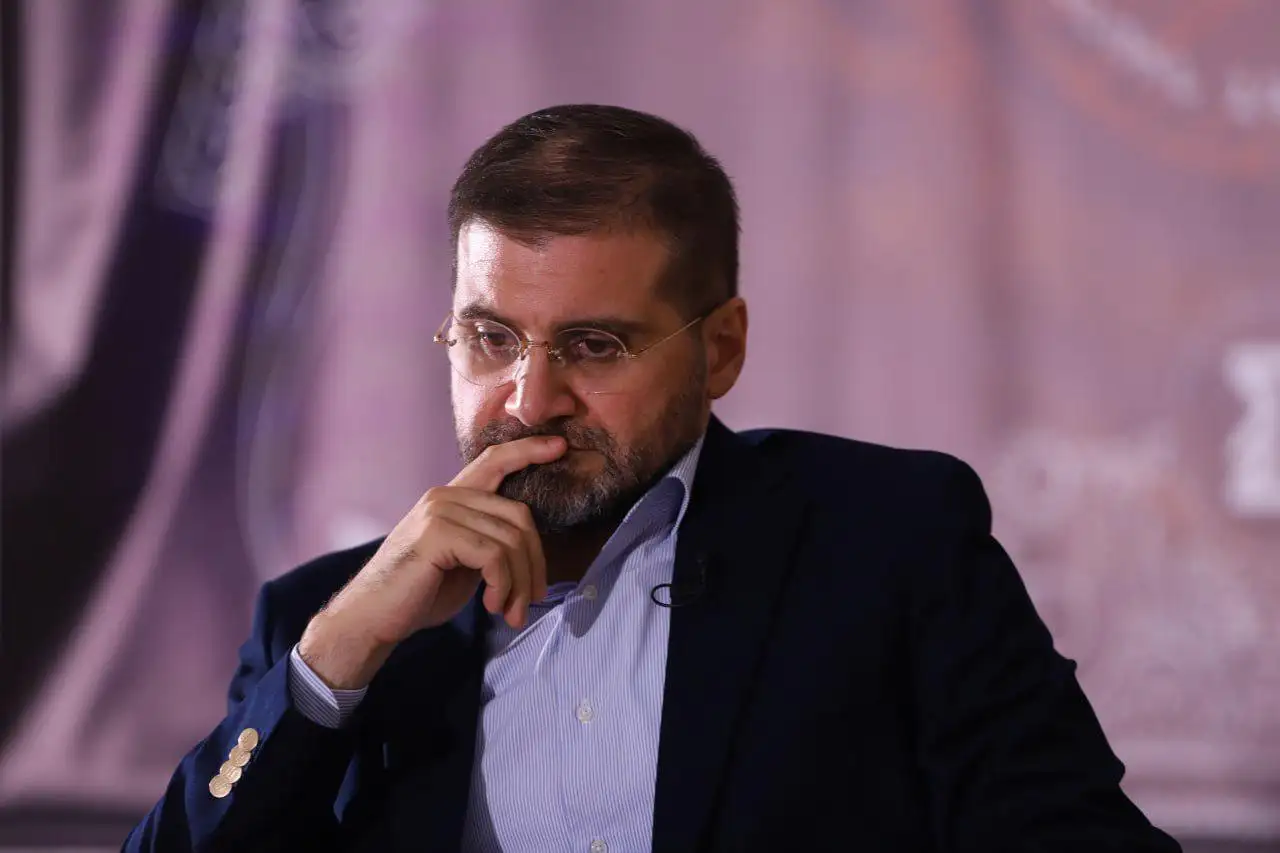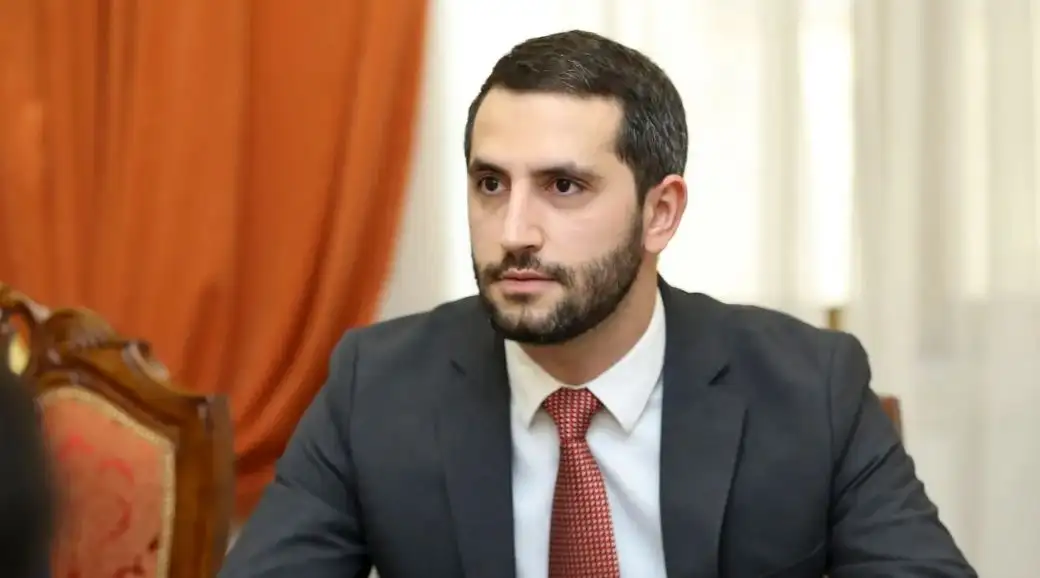Radar Armenia's interlocutor is Vahram Atanesyan, a former member of the Central Committee of Armenia and Nagorno-Karabakh National Assembly.
- COP29 is being held in Baku these days. Armenia did not accept Azerbaijan's invitation. How would you explain whether this decision was right or wrong? What will be the political consequences of the decision not to go to Baku, especially since the Azerbaijani side announced that Baku and Yerevan will return to the text of the peace treaty in December?
- The situation should be accurately assessed. Not that Armenia rejected the invitation to participate in this conference, but Azerbaijan did not create necessary and sufficient preconditions for Armenia's participation.
- There are views that Baku will toughen its rhetoric after COP29, and the prospect of signing a peace treaty will become more blurred. What should we expect from Azerbaijan after COP29?
Azerbaijan has ratified the Charter of Demarcation Commissions. In the foreseeable future, the demarcation process will begin in another part, probably south of Syunik.
- Can non-participation in COP29 become an excuse to start new military operations in the hands of Baku?
- Azerbaijan does not have and cannot have any basis and justification for starting a military operation against Armenia. It is necessary to end the generation of that threat, which only serves the interests of Azerbaijan.
- What effect will the US presidential elections and Trump's return have on the developments in the South Caucasus, particularly on regulating Armenian-Azerbaijani relations?
- Trump was elected president at the cost of big promises, and I think he will focus on finding ways to cool down the Russian-Ukrainian war. It's also complicated in the Middle East. The new US administration will consider the South Caucasus as an annexed subregion of Eastern Europe or the Middle East.
Hayk Magoyan

















